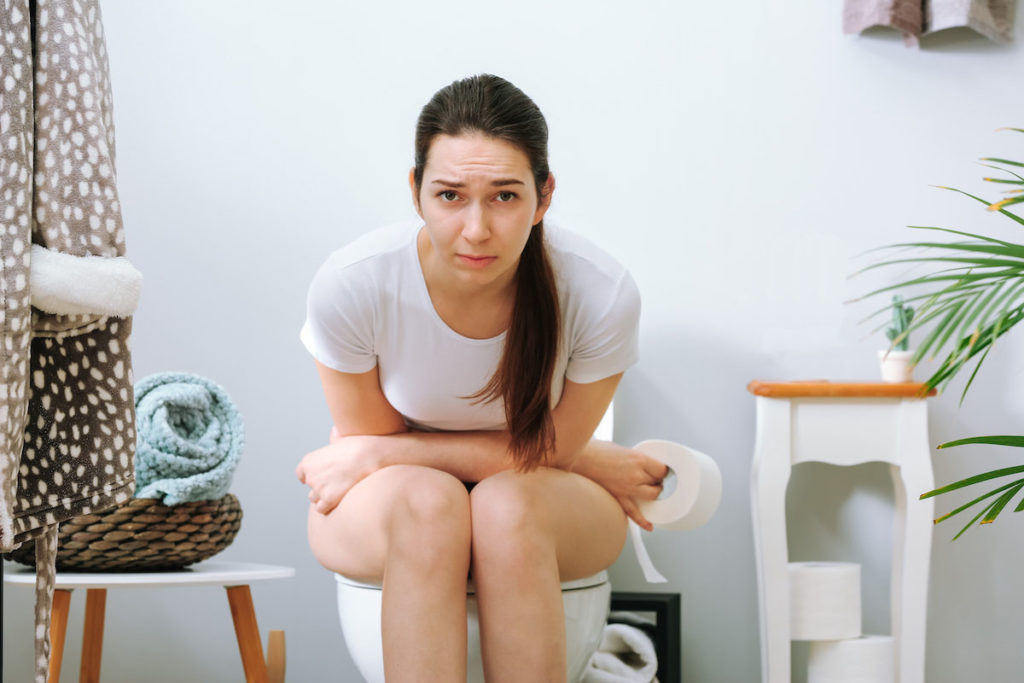Last week, yet another patient with refractory diarrhoea, up to 10 stools a day, Bristol type 5-7, for 3 decades following a diagnosis of Crohn’s at 16 years old. A range of specialists have thrown everything at ‘it’ – single & combination immunosuppressants, TNF alpha blockers, buckets of sulfasalazine and bathtubs of antibiotics – she’s been gluten and dairy free for years, trialled strict diets that are FODMAPs free, low histamine etc etc etc. She’s even had 50cm of her terminal ileum removed & the diarrhoea continues unabated – perhaps even worse than before…& therein lies a major clue.
1/2 patients with Crohn’s exhibit bile acid malabsorption –> diarrhoea but with terminal ileum resection this jumps to > 90%
This is Type I BAD (Bile Acid Diarrhoea) & is the easiest to spot, being the result of anatomical change. You remove the section of the small intestines responsible for 95% of the reabsorption of bile acids…a LOT of bile acids are going to be present in the colon where they act as potent osmotic laxatives, right? But there are 3 other types which are a little trickier to identify – including one that affects up to 50% of IBS-D patients.
Being a child of the 80s⚡🎹 (ok a teen of the 80s but who’s counting?!) and a personal fan of fat, I NEVER thought I would EVER be recommending a ‘low fat’ diet to ANYONE🤐
But hey, that’s another ‘absolute’ that needs challenging, right? I mean this is the primary, almost only, dietary change these patients need to make and as a stand-alone intervention, is highly effective for many. We’ve had several patient successes in the last year – a total game-changer for patients in similar situations where all kinds of ‘restriction’ had brought zero joy and reward for all their ‘good (dietary) behaviour’. While sequestrants (like cholestyramine) are recommended in BAD, and are certainly worth a trial at least, patients have very mixed results – for some, in combination with the low fat diet it’s a winner – for others these meds cause GIT upset all on their own and actually undo the good of the fat restriction. Being able to identify the true reason for their loose stools and stop them going down endless rabbit holes of ..is it? is it? is a great way to re-empower people who’ve been bossed and bullied by their bowel for far too long 🤓💪🧻
This is not a trick question. Up to 50% of all patients diagnosed with IBS-D actually have bile acid diarrhoea (BAD) underpinning their digestive complaints as well as some patients with non-resolving diarrhoea post-cholecystectomy and gastro. Knowing which ones do and how to manage this, which requires distinctly different approaches from our general management of IBS, is the key. As always, good lessons come from those we learn in the clinic and this story starts with a patient and how we came to recognise the BAD in her belly.

